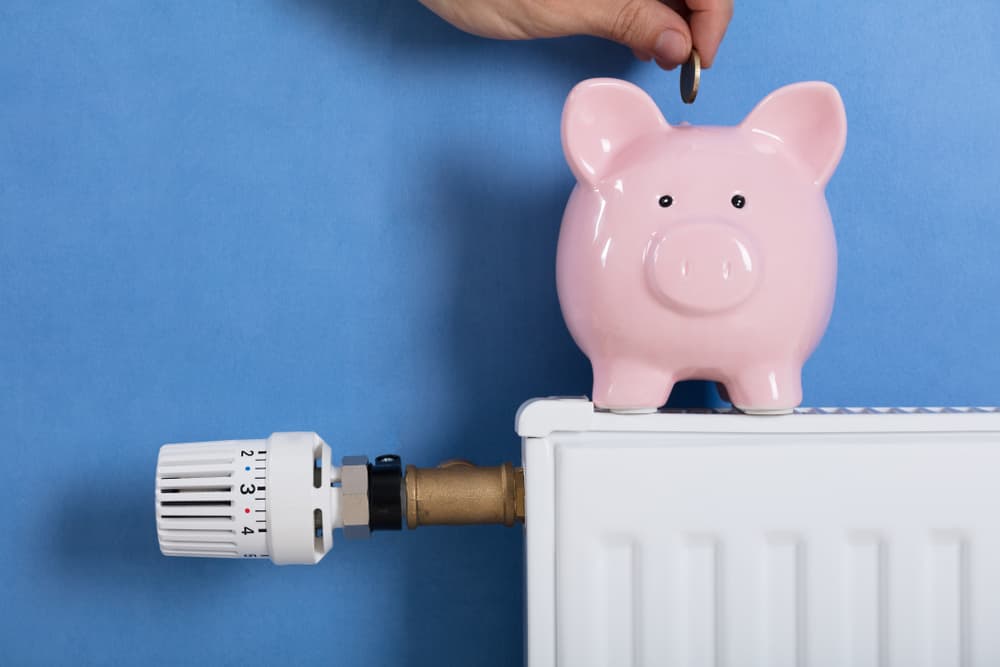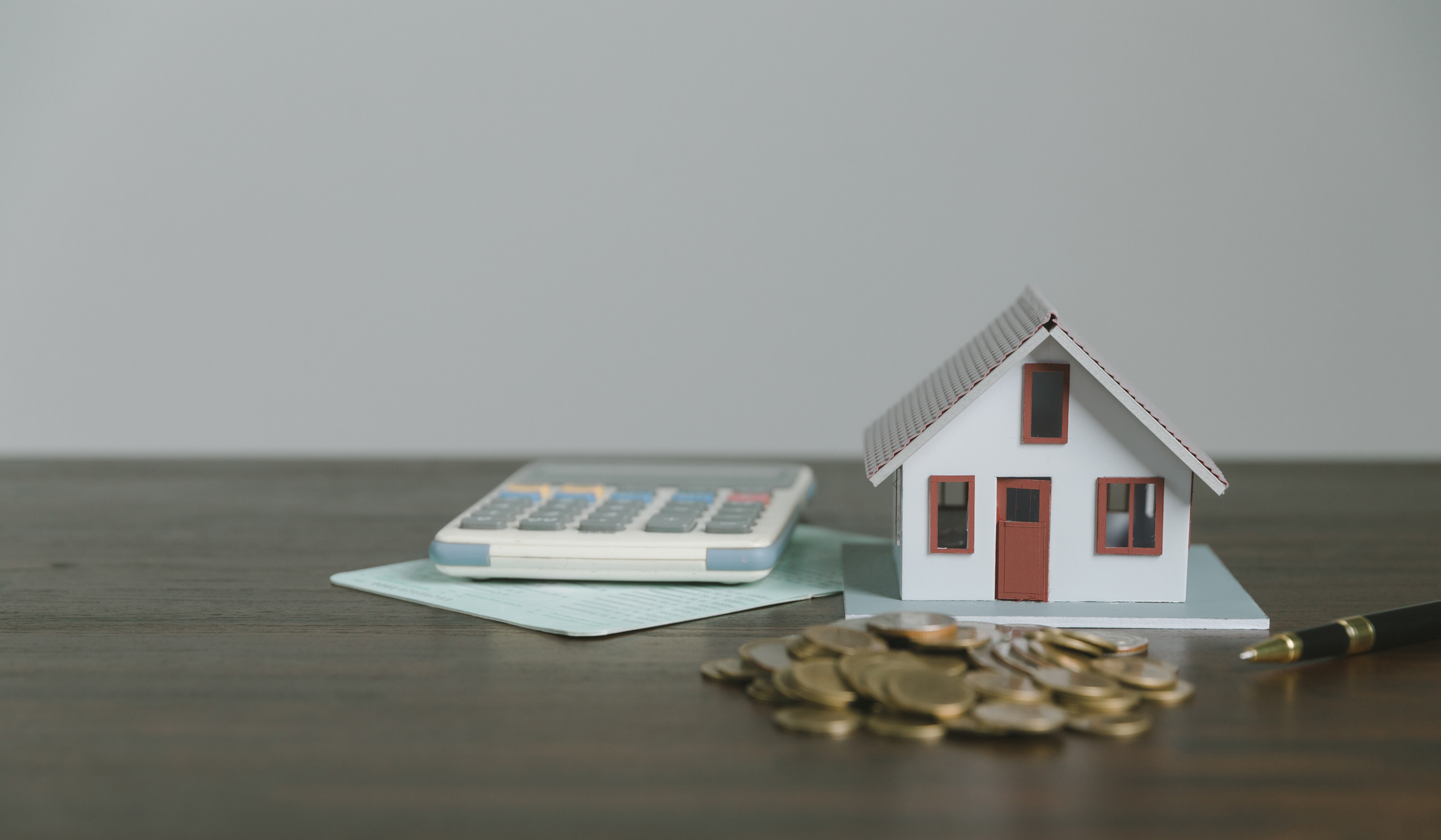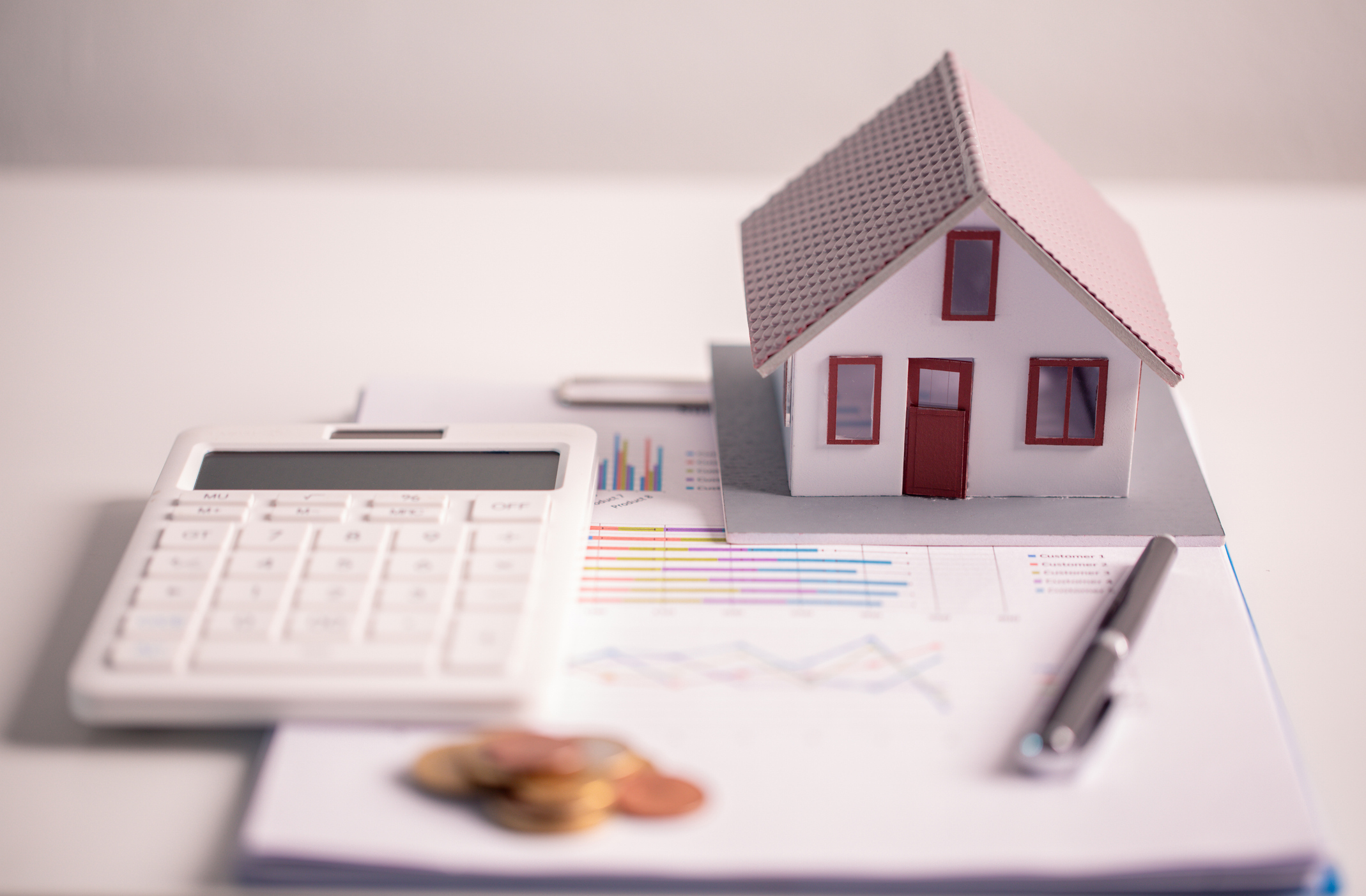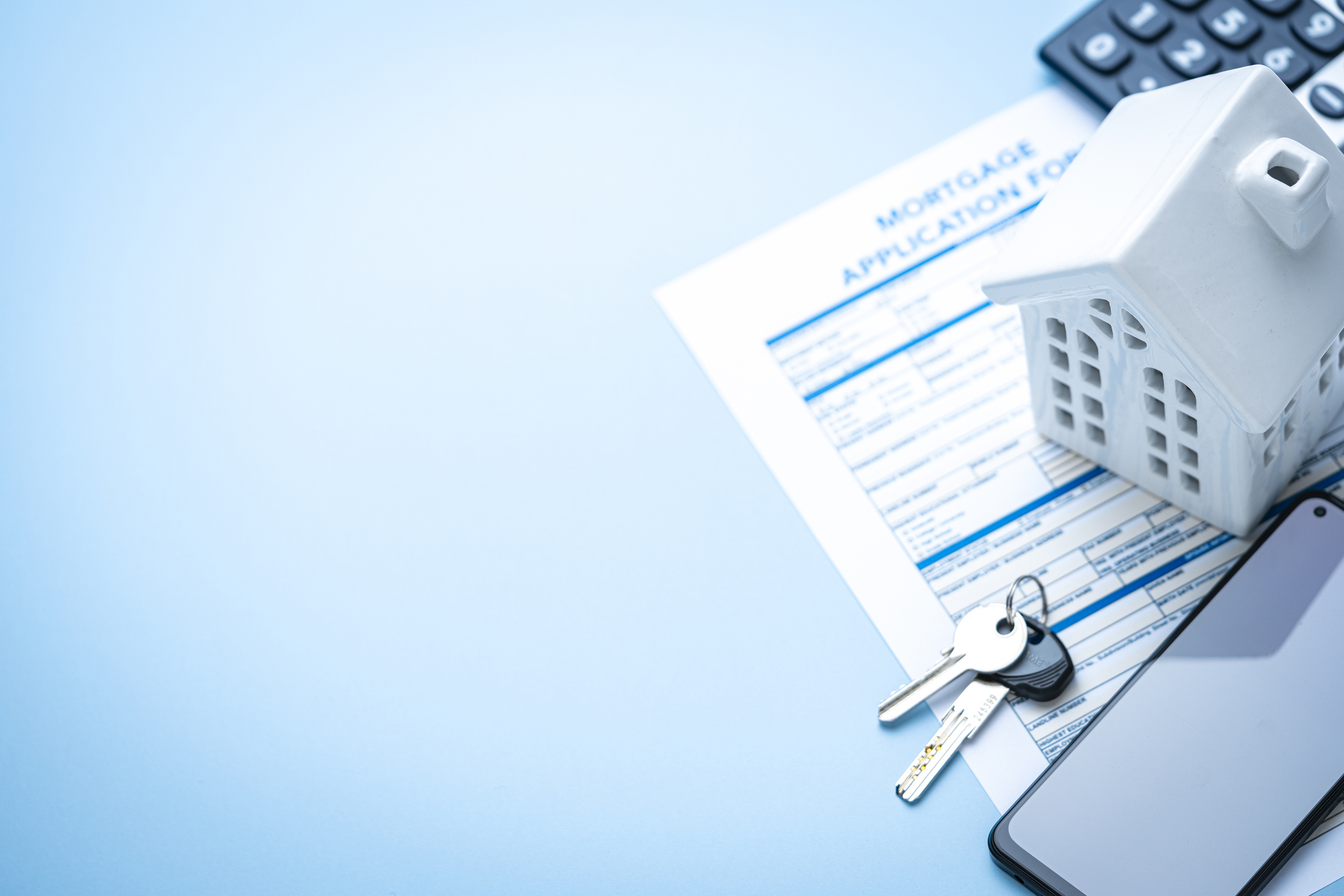Waiting for The Housing Market to Cool? Here’s What You Should Do

Many homebuyers are being priced out of the market due to higher mortgage rates, rising prices, and a severe housing shortage (active listings dropped 19 percent year over year last month). In fact, nearly a third of first-time homebuyers plan to wait for lower prices, according to a recent TD Bank survey.
To be fair, it's infuriating, but backing away can help buyers rethink and plan for when they reenter the market next time. This period might be used to save money for a larger down payment, which would result in a lower mortgage rate and lower monthly payments in the future. It might also help break through high price points.
Are you also fleeing the market because of rising rates, prices, or competition? Experts believe there are numerous ways to make the most of that time and prepare for the next round.
Boost your credit
Your credit score has a big impact on your capacity to not only buy a house but also do so reasonably. Lenders use your credit report to evaluate your overall risk as a borrower and to assess your ability to repay your debt.
Lower interest rates are frequently linked to better payment patterns and credit scores
The range of credit scores is 300 to 850. A credit score of 740 or better, according to Fannie Mae, qualifies you for the best mortgage rates. But what if your score was 100 points lower? Depending on the size of your loan, this might result in a rate increase of up to 2.75 percentage points. It's the variation between 5% and 7.75 percent in interest rates.
Many home buyers waiting on the standby can benefit from qualifying for a lower rate in a market where affordability is disappearing.
If you don't have much credit history, start by using a credit card to make small, inexpensive purchases and pay them off immediately.
Late payments might hurt your credit score because payment history factors roughly 35% of your credit score. Schedule your bill payments to autopay wherever needed to ensure missing a payment deadline.
You should also aim to pay down your debts and avoid taking on new ones, such as a new car loan or a new credit card. Both can aid in the gradual improvement of your credit score.
Try saving up
You might also use this time to save money, preferably for a bigger down payment.
Your down payment does not have to be taken from your salary. You can also use a Roth IRA if you have one if you aren't a first-timer. Simply avoid risky products like 401(k) loans and seek advice from a financial advisor or accountant before withdrawing funds from a retirement account, as this carries additional risk.
Texas' Homes for Heroes program is a wonderful example of down payment assistance services. It provides up to a 5% down payment subsidy to police officers, teachers, first responders, and other Texas public servants. To find similar possibilities in your area, contact your state's housing agency or a local mortgage professional.
You can also try to save money whenever possible in addition to these programs. Don't overspend on the ideal rental. Find a house that can accommodate the smallest amount.
Consider extending the rate lock period on your mortgage
Mortgage rates have risen in recent weeks. Since the beginning of the year, they've jumped from 3.11 percent to 5.11 percent, the difference between a $1,731 monthly payment and a $2,201 one on a median-priced property right now.
According to most experts, further rate hikes are on the way. In response to rising inflation, the Federal Reserve has moved to tighten monetary policy, which often means higher interest rates on loans and mortgages.
Unfortunately, this means that when most sidelined home buyers return to the market, they will face higher rates. Unless they lock in their rates right now.
A rate lock is a method of reserving an interest rate for a set period of time. Rate locks are typically 30 to 60 days, while some lenders provide 90-day ones. Homepoint, a mortgage provider, even offers fee-free "TBD locks." These allow homebuyers to lock in a rate without having to commit to a property and keep it for up to six months.
Be alert about and prepared to act quickly
If you opt to wait it out, it's important to know what might motivate you to return to the market.
If it's having a particular amount in savings, figure out what that amount is and keep track of your bank account. Set a percentage drop in home prices or rates that you'd need to feel comfortable buying.
Define what you're looking for, set up precise listing alerts, and stay in touch with your agent if you're waiting for a specific type of property or a house in a specific community to come on the market. And what happens when anything comes up that matches the bill? Prepare to act quickly. Schedule a viewing or virtual tour as soon as possible, and make sure you have your mortgage pre-approval in hand.







